Know Your Specifications
Virtually every precast concrete product is manufactured to a specification of some kind. It is, therefore, imperative that the manufacturer be completely familiar with the relevant specifications, or standards. Because specifications are constantly being modified, you need to keep them current. I urge all producers to purchase a new set of specifications every year. A complete book of current ASTM Standards is available from either the ACPA or NPCA, and is updated every year.
ASTM and CSA Standards are referred to as being “voluntary” standards because volunteers develop them. ASTM and CSA committees comprise Producers, Users and General Interest folks, such as consulting engineers. The committee matrix is such that no more than one half of each committee can be Producers, while a combination of Users and General Interest makes up the other fifty percent.
Product specifications that impact most US pipe producers and precasters are ASTM C76 for concrete pipe, ASTM C478 for manhole items, and C1227 for septic tanks. Recently, these standards have undergone significant modifications. For example, C478 now permits the use of hoop steel reinforcement, and C1227 now allows the use of synthetic fibers as a replacement for nonstructural reinforcing.
In Canada, CSA A257 is the Standard for concrete pipe and manholes, while B-66 is the Standard that governs septic tanks. As in the US, A257.4 permits the use of hoop steel reinforcement for manhole risers and cones. Recently, B-66 was changed to include the use of structural fibres as a replacement for the reinforcing steel in septic tanks.
YOU can make a difference!! As an individual, you can influence the ASTM and CSA Standards by becoming a member of ASTM and CSA. Individual membership is not expensive. For example, ASTM membership is available for only $ 75.00 a year, which is less expensive than the free specification book that you will be supplied with, every year. If this isn’t possible, just pass along any concerns that you might have with a particular specification, to an ASTM or CSA member such as me.
Some agencies such as Caltrans, and organizations like IAPMO, have developed their own standards. Although these specifications generally make several references to ASTM standards, they contain items of specific concern to Caltrans and IAPMO.
Because standards and specifications govern the strength and quality requirements of your products, you need to have and understand them. If you have any questions regarding standards and specifications, I am ready to assist you.
